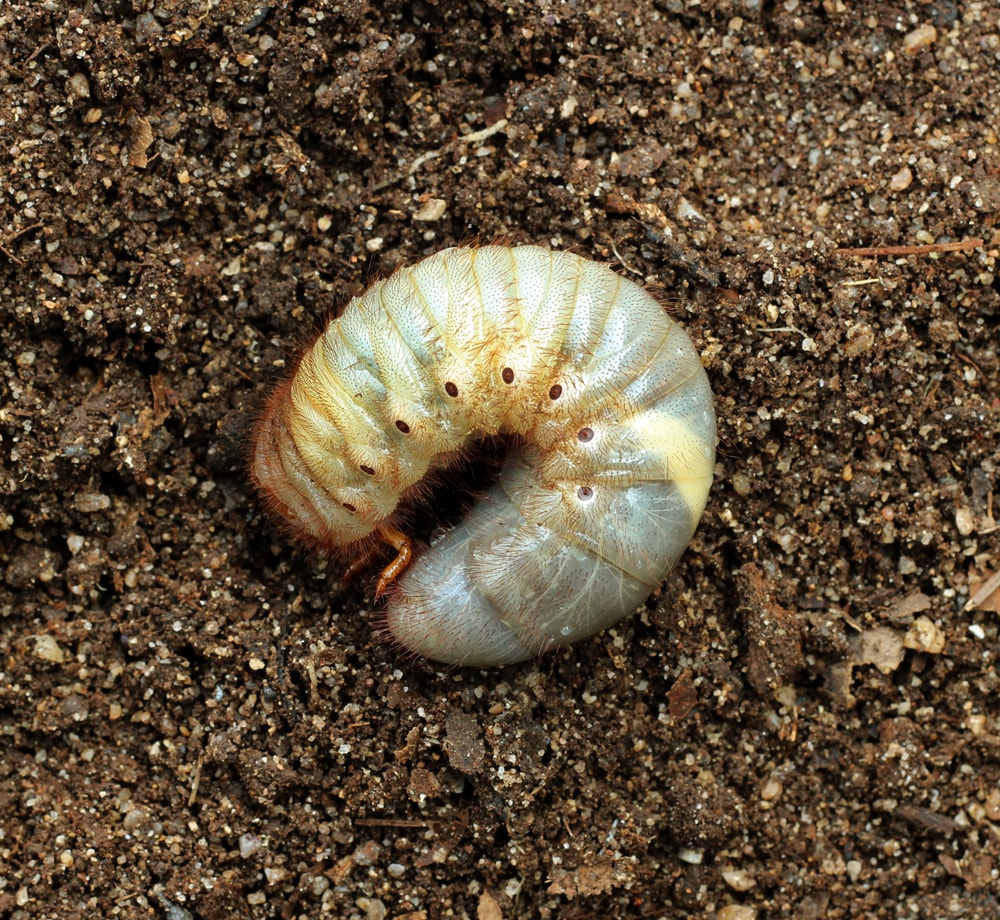Garden pests are a pain to deal with. You’ve worked hard to cultivate your beautiful garden and the next thing you know, it’s been invaded by these tiny critters that wreak havoc on your plants and vegetables. While some insects are beneficial to your garden, not all of them deserve a warm welcome. The good news is that there are a number of ways to deal with these pesky insects, all while using non-toxic chemicals and methods. These six tips will help you deal with common garden pests in the most organic way possible.
Establish a healthy soil
The soil is what supplies plants with the necessary nutrients it needs to thrive, along with water and oxygen. Establishing a rich, fertile soil is one of the best ways to combat pest attacks by producing healthy, resilient crops. You can achieve healthy soil through a number of different ways like limiting soil disturbance, starting a compost bin, adding quality mulch, and rotating crops to reduce soil-dwelling pest populations like wireworms and grubs.
Attract beneficial insects
Like we’ve said in the beginning, some insects are worth keeping in your garden. Some bugs help plants grow by eating pests, decomposing waste, and pollinating plants. The key is to identify which insects are beneficial to your lawn and which ones aren’t. Here are a few examples of garden-friendly insects:
- Ladybugs – Ladybugs are a gardener’s best friend. They can eat 50-60 aphids a day which are the small, sap-sucking insects that cause malformed fruits or flowers. They also feed on mites, leafhoppers, and other soft-bodied insects.
- Spiders – Spiders often get a bad rap due to their appearance, but they are actually one of the most helpful garden companions around. They eat as many pests as they can from moths, wasps, beetles, flies, and mosquitos, thus keeping their population down to a minimum. Most garden spiders aren’t poisonous and they aren’t aggressive to warrant any fears or concerns.
- Ground beetles – Ground beetles feed on caterpillars, slugs, maggots, and wires worms, which are major garden pests. Some species of ground beetles also feed on invasive seeds like ragweed and thistle which prevents them from getting out of control.
- Bees – Bees are the masters of pollination and they are the ones responsible for making your garden bloom. When bees collect pollen, they end up transferring it from one plant to another. It’s this cross-pollination that causes more plants to grow in your garden.
Implement mechanical pest solutions
There are a couple of hands-on techniques that you can use to help keep pests at bay. These methods require simple equipment and/or natural ingredients that serve as a protective barrier between the plants and the pests. Here are a few examples:
- Barriers – Fences, nets, and paper collars are effective at keeping bugs and critters away from garden plants. Floating covers that are made of transparent fabric are great at keeping beetles and other insects whilst letting enough sunlight to promote photosynthesis.
- Handpicking – Although handpicking pests and egg sacks off of plants is quite labour-intensive, it does help reduce the pest population. Handpicking is as simple as using an old toothbrush to remove scales, aphids, and mealybugs.
- Water spray – Spraying water at high pressures can effectively dislodge mites and aphids off of plants. We only recommend using this method on sturdy plants or else you’ll risk damaging other plants and over-watering them.
- Diatomaceous earth – Diatomaceous earth is an organic powder made from fossilized remains of aquatic organisms. It works by penetrating the exoskeleton of bugs and dehydrating them. Simply sprinkle the powder around plant stems to kill off unwanted pests.
Pest tolerance level
Some gardeners prefer to tolerate pests if the damage is minimal since implementing pest control can potentially harm beneficial pollinators and predators as well. But that’s not always the case. If the pest damage is starting to get out of hand, start with the least invasive pest control option first. If nothing seems to be working, then maybe it’s time to use an organic pesticide. Organic pesticides are made from self-made mixtures or naturally-occurring substances like hydrogen peroxide, soaps, and lime sulfur.
You can also create a homemade kitchen remedy for garden pests. A simple garlic spray can go a long way towards controlling garden pest populations. Just puree two garlic bulbs and mix one cup of boiling water. Let the mixture steep overnight and strain it over a spray bottle. You can spray this mixture directly onto any insect pests and on the leaves of plants to keep them at bay.
By establishing a healthy soil, welcoming beneficial pests, using insect barriers, and building a pest tolerance level, you can create an ecosystem where your plants can thrive and make your garden more beautiful than ever. Use these tips to eliminate common garden pests in the safest and most organic way possible.


